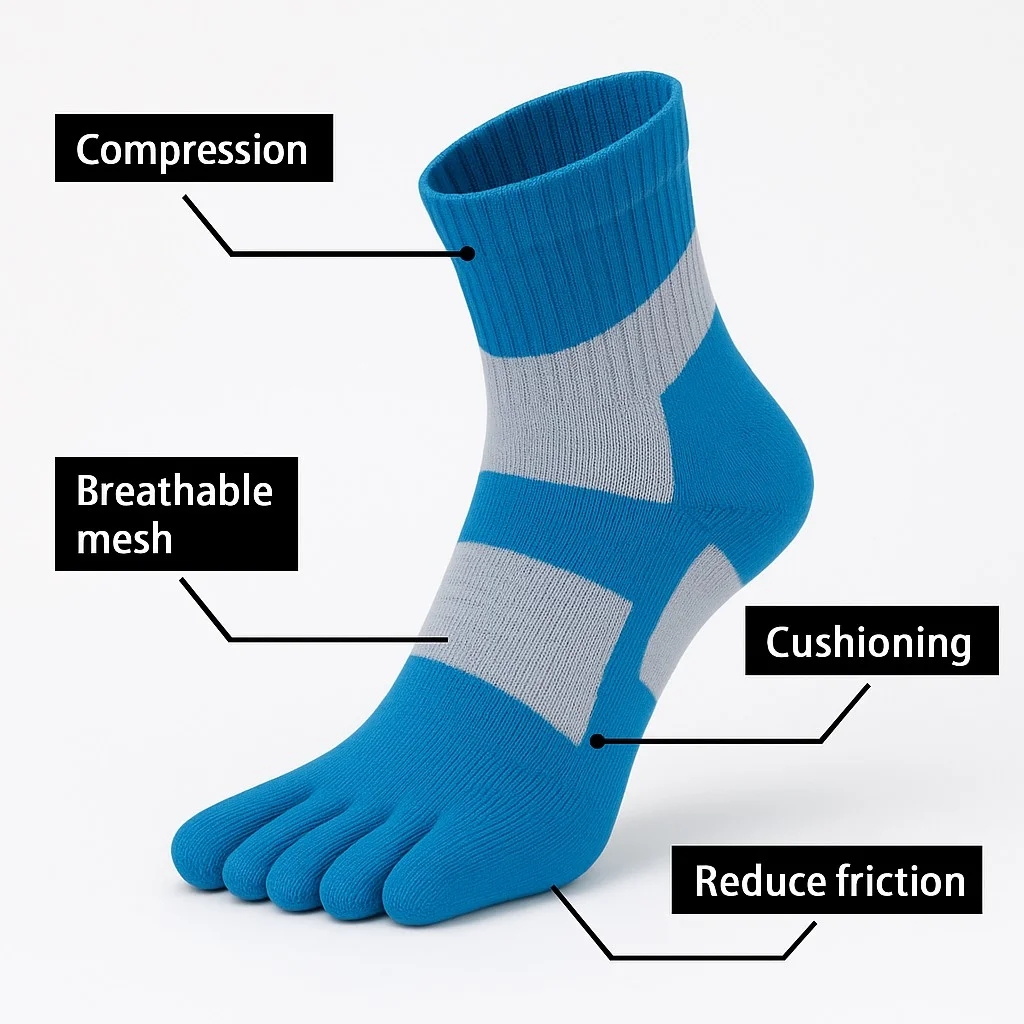Discovering the Epitome of Comfort: Unveiling the Skin-Friendly Fabric
In the realm of textiles, finding the perfect fabric that not only looks appealing but also feels gentle against the skin can be a challenging task. However, there is one fabric that stands out from the rest, renowned for its exceptional comfort and skin-friendly properties. In this article, we delve into the world of fabrics and unveil the fabric that has earned the title of being the epitome of comfort.
- Understanding Skin-Friendly Fabrics:
When it comes to skin-friendly fabrics, several factors come into play, including breathability, moisture-wicking capabilities, hypoallergenic properties, and softness. The ideal fabric should allow the skin to breathe, prevent irritation, and maintain a comfortable temperature. Among the various options available, one fabric surpasses expectations in all these aspects. - Introducing Bamboo Fabric:
Bamboo fabric, also known as bamboo viscose or bamboo rayon, has gained immense popularity in recent years due to its exceptional skin-friendly nature. Derived from the bamboo plant, this fabric offers a plethora of benefits that make it a top choice for those seeking ultimate comfort. - The Advantages of Bamboo Fabric:
3.1 Breathability: Bamboo fabric possesses excellent breathability, allowing air to circulate freely. This feature helps regulate body temperature, keeping the skin cool and dry, even in hot and humid conditions.
3.2 Moisture-Wicking: The fabric's moisture-wicking properties draw sweat away from the skin, ensuring a dry and comfortable feel throughout the day.
3.3 Hypoallergenic: Bamboo fabric is naturally hypoallergenic, making it an ideal choice for individuals with sensitive skin or allergies. It is gentle and non-irritating, reducing the risk of skin reactions.
3.4 Softness: Renowned for its luxuriously soft texture, bamboo fabric feels gentle and smooth against the skin, providing a soothing sensation. - Sustainability and Eco-Friendliness:
Apart from its skin-friendly attributes, bamboo fabric is also celebrated for its sustainability. Bamboo plants grow rapidly, require minimal water, and do not need pesticides or fertilizers. Additionally, the production process of bamboo fabric involves less energy and water compared to traditional fabrics, making it an eco-friendly choice. - Versatility and Fashion:
Bamboo fabric's versatility extends beyond its comfort and eco-friendliness. It can be blended with other fibers, such as cotton or spandex, to enhance its properties and create a wide range of clothing items. From soft and breathable t-shirts to cozy and hypoallergenic bedding, bamboo fabric offers a multitude of options for fashion and home textiles.
Conclusion:
In the quest for the perfect fabric that harmonizes comfort, skin-friendliness, and sustainability, bamboo fabric emerges as the clear winner. Its exceptional breathability, moisture-wicking capabilities, hypoallergenic properties, and luxurious softness make it the epitome of comfort. Embracing bamboo fabric not only ensures a delightful experience for the skin but also contributes to a greener and more sustainable future.
